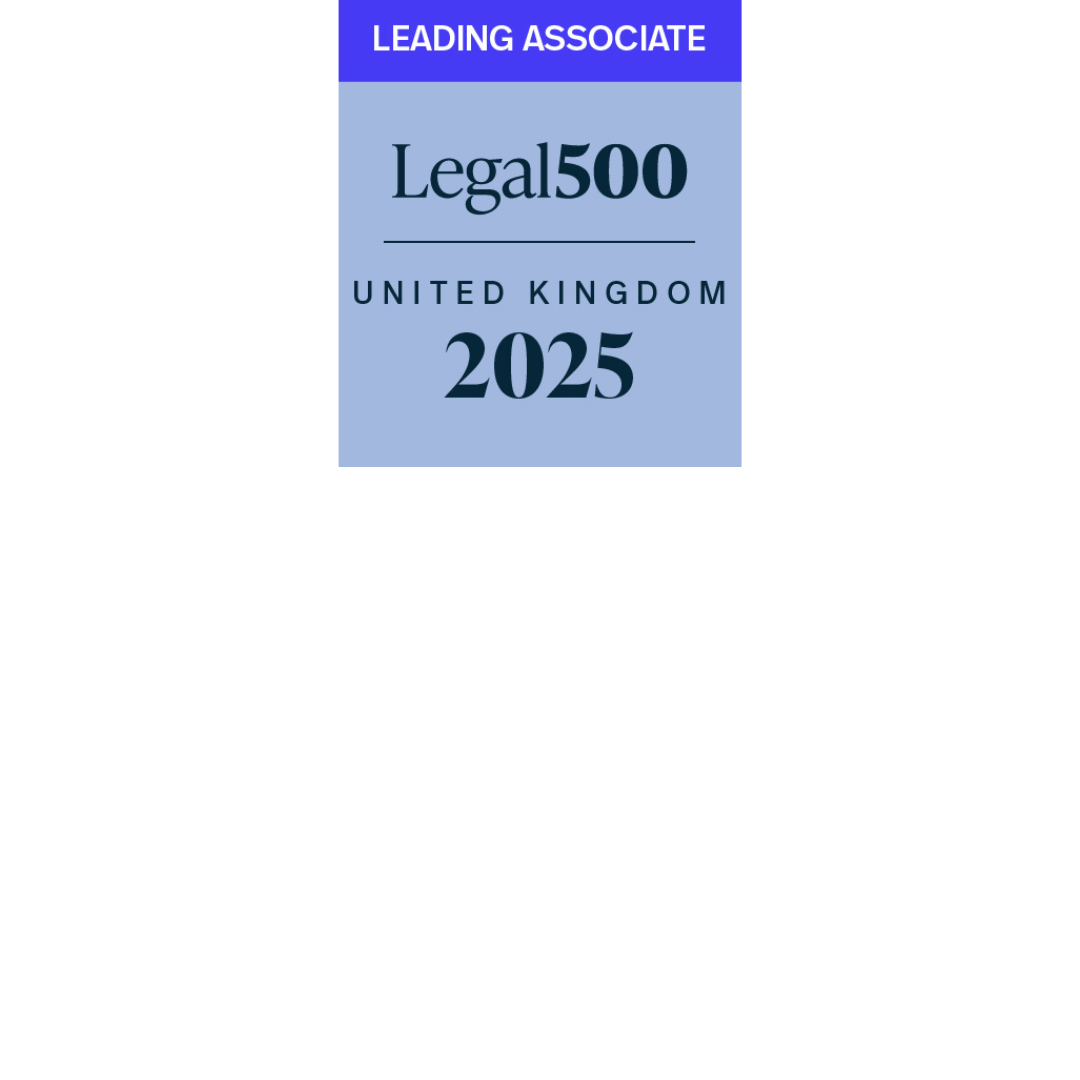
FAQs
It’s likely you’ll be able to find the answer in our FAQs which cover all of our services. You can filter questions by service area or search for a relevant word or phrase.
Unable to find an answer? Contact us on 0330 123 1229, or complete a contact form and a member of our team will be happy to help.
Brewery Litigation
What licence do I need to run a pub?
You are going to need a premises licence in order to provide any of the following licensable activities:
- The sale of alcohol
- The provision of regulated entertainment
- The provision of late night refreshment
We can apply for a premises licence on your behalf and guide you through the complex application process as well as arrange to advertise your application in a local newspaper as required.
Brewery Litigation
What do I need to do to get a licence?
You will need to complete a premises licence application form and submit it to the relevant Licensing Authority (and relevant authorities) together with a scale plan for the premises. If you intend to sell alcohol then you will need to nominate a Designated Premises Supervisor (DPS) on the application. The DPS will need to provide a consent form (the DPS also needs to hold a personal licence) and you will also need to submit the relevant fee with the application.
After you have put your application in you'll need to:
- Place a public notice on your premises to allow for 28 days’ consultation
- Place the same public notice in a local newspaper within ten working days of submitting the application
There will be a 28-day consultation period which allows consultees and members of the public time to consider your application, and raise any concerns under the licensing objectives. Once this period has expired without any representations having been made, your premises licence will be granted.
A hearing must be held if any representations are made in respect of the application. If a hearing is held it can result in the licence:
- Being granted
- Being granted subject to additional conditions
- Have licensable activities listed in the application be excluded
- Being rejected
A premises licence lasts for an unlimited time unless the licence is revoked, suspended or surrendered.
Brewery Litigation
I want to buy a pub what should I do?
Buying a pub can be a hugely nerve-wracking experience with many aspects to cover before you get your name above the door.
The first step is to decide whether it is in fact the life for you. It is important also to research, plan and adapt your business strategy. Decide how you want to own the business and consider the following options:
- Take a tenancy for a number of years tied to a brewery - this business will not be your own
- Take a lease for a longer period of time which will allow you to have more control
- Purchase the freehold where every aspect of the business is yours outright
Regardless of which option you choose, all businesses need supply chains to succeed and you must consider the costs of purchasing stock, products and equipment, including leasing of any third-party items. It may be that you want to continue with existing suppliers but also consider the opportunities available with new suppliers and the benefits of signing up to new agreements.
Licensing is an important aspect of any public house business purchase. It is important that you transfer any premises licence into your name or someone of your choosing. A premises supervisor will be responsible for ensuring that the conditions of the premises licence are complied with at all times. The premises licence will determine what, when, and how you will be able to carry out activities in the business, varying from service of alcohol and food through to opening hours and even entertainment allowed in your pub. You should consider if the existing premises licence fits with your strategy and whether any applications need to be made to vary the licence such as extending opening hours.
Brewery Litigation
I have been served with a section 146 notice, what is this and do I need a solicitor?
A section 146 notice is served by a landlord when they consider their tenant to be in breach of the terms of the tenancy.
Other than in relation to unpaid rent (where a section 146 notice isn’t required, but sometimes served), a section 146 notice is a necessary first step in the process of recovering possession of a property. The notice must give the tenant a reasonable period of time to comply with its requirements. Should the tenant fail to comply, the landlord can take steps to terminate the tenancy, resulting in the tenant being evicted from the property.
If the tenant accept the contents of the section 146 notice but wish to avoid being evicted, they should comply with its requirements as soon as they are able. It is also sensible to engage in discussions with the landlord to let them know they are doing that. If some additional time is needed to comply, the tenant should ask the landlord, Providing the request is reasonable, they should accept your request.
If the tenant contests the contents of the section 146 notice because they do not believe they are in breach, then it would be sensible to consult with a solicitor so that a formal response can be given to the landlord. It makes sense to do this before the landlord issues proceedings seeking to evict the tenant from the property, as in the long run that is likely to save a considerable amount of money.
Brewery Litigation
What are dilapidations and how can I calculate them?
Dilapidations is the technical word used to describe the repairs which need to be carried out at a property at the end of a tenancy. A tenant’s obligations in relation to dilapidations are defined by the tenancy itself, and are not always related to the condition of the property when the tenant took it on.
If you are a landlord wishing to pursue a tenant in relation to dilapidations there are certain steps you need to take before you can pursue such a claim, and it is sensible to get early legal advice on those options.
If you are a tenant who thinks a dilapidations claim may be made against them, it is important that you take steps before the end of the tenancy to complete any works which you think need to be done.
If, as a tenant, you think there is likely to be a dispute over the dilapidations, it is also important that you gather evidence prior to your departure from the property in the form of a surveyor’s report and/or photographic evidence showing the condition of it when you leave.
Brewery Litigation
The tenant at the pub won’t leave, what can I do as the owner?
As the owner of the property there are a number of options available to you. You could pursue the tenant for the unpaid rent, perhaps by using County Court proceedings. You may decide that the tenant is not going to be able to pay and would rather evict them from the property and install another tenant. If that is the case, then it is important that you take legal advice early. Attempts to collect the rent may prevent you from subsequently seeking to evict the tenant for failing to pay.
When advising we also take into account why the tenant won’t leave, if, for instance, they need to be re-housed by the Local Authority, then the commencement of proceedings is usually required before the Local Authority will deem the tenant to be homeless, and agree to re-house them.
There also needs to be a realistic appraisal of the tenant. Are they failing to pay because it is a particularly poor trading period and they will make up the money at some other time, or are they a perennial non-payer who needs to be evicted?
We offer pragmatic advice on these issues, and the ways in which they can be resolved.
Commercial Property
Why do I need a solicitor to buy a property?
It is not compulsory to instruct a solicitor but it is advisable to do so. Buying a property is a complex procedure, there are many things that a solicitor will investigate when they are instructed by you, such as if there are any planning issues with the property, if any third party has a right of access over the land, or if there are any other matters that will affect your overall use of the property. A solicitor will help clarify and explain legal documents in the process of purchasing a property and will ensure you fully understand what you are agreeing to before purchasing.
Commercial Property
What is stamp duty?
Stamp duty is a tax payable to HM Revenue & Customs when you buy a property or land over a certain price in England, Wales and Northern Ireland. The current threshold for stamp duty to be payable is £125,000 for residential properties and £150,000 for non-residential land and properties. Stamp duty land tax may also be payable if you lease a property. Click here to view a stamp duty calculator which will calculate this for you.
















